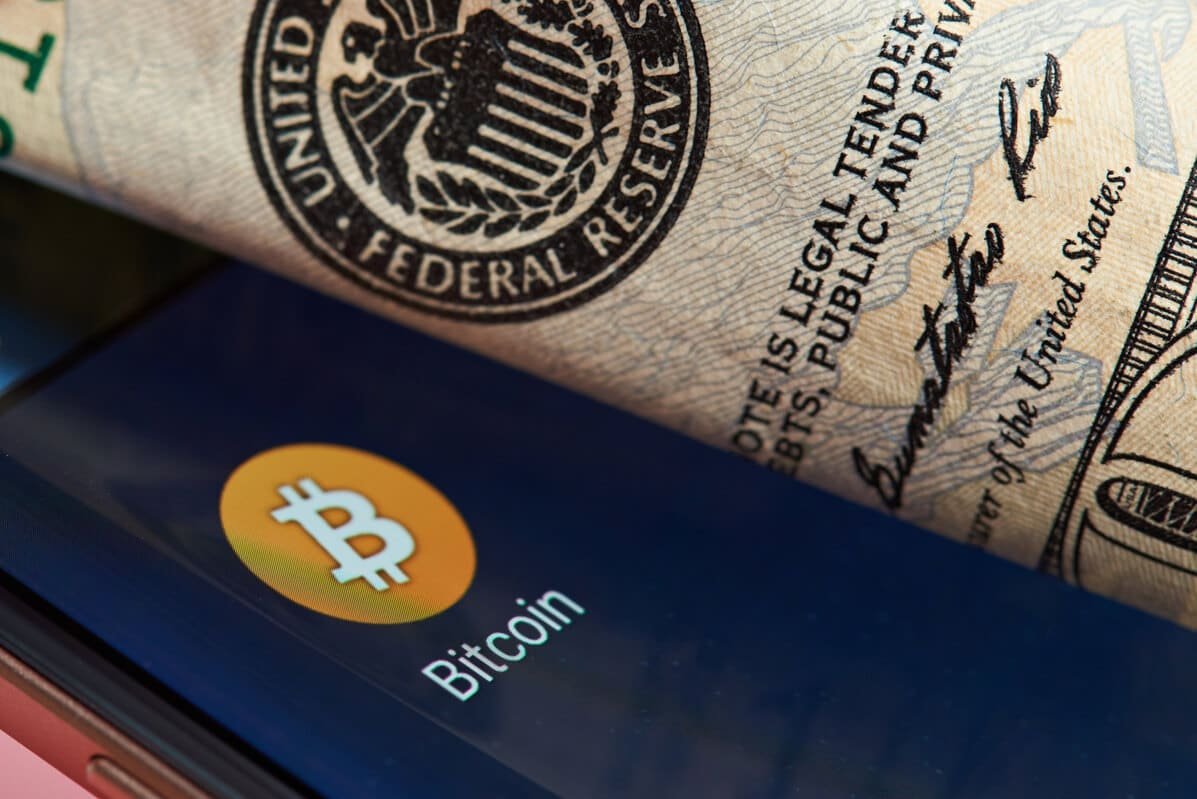
 Source: Adobe/PixieMe
Source: Adobe/PixieMe
Nation states and private citizens around the world are likely to find it "very attractive" to maintain control of their own money in light of sanctions imposed on Russia, and countries could begin transitioning to bitcoin (BTC) for foreign exchange reserves, Pantera Capital's Dan Morehead argued.
Morehead, CEO and co-chief investment officer of Pantera Capital, wrote in his latest newsletter that,
"Countries may soon begin the transition to bitcoin for foreign/cloud reserves. The ability to hold their own foreign exchange reserves will be very attractive to many countries and private citizens."
He added that bitcoin is attractive to ordinary citizens because they want to "protect themselves from the financial impact of their government/dictator's decisions."
For governments, meanwhile, Morehead said recent Western sanctions against Russia have already shown that foreign reserves held in fiat currencies controlled by other countries are not as safe as previously believed.
Notably, this realization comes now after the Central Bank of Russia was deprived of most of the €630bn in foreign exchange reserves it held before the war.
This caused the value of the Russian ruble to plummet, which in turn forced the central bank to raise rates to 20%, which Morehead said "should crush the housing market."
In addition, large Russian companies listed abroad have seen their share prices plummet, while the Russian domestic stock market remains closed.
"Every day, Russian citizens are financially decimated as a result of the decisions of their leaders," Morehead wrote.
Morehead's comments came after the United States and other countries said they would "freeze" Russia's central bank assets in their country in a bid to cut off funding for the war in Ukraine.
Also, news broke Tuesday that a bipartisan group of US senators would introduce a bill aimed at preventing Russia from selling even the physical gold it holds as part of its reserves.
The bill would apply "secondary sanctions" to US entities that transact or transport gold held by the Russian central bank, as well as entities that facilitate the physical or electronic sale of gold in Russia, Axios reported today.
The goal is to include the legislation in a broad spending bill expected to be approved this Friday, the report added.
Russia has the fifth-largest official central bank gold reserves in the world, behind the United States, Germany, Italy and France. In total, the Russian central bank holds 2.301 tons of the yellow metal, according to the World Gold Council.